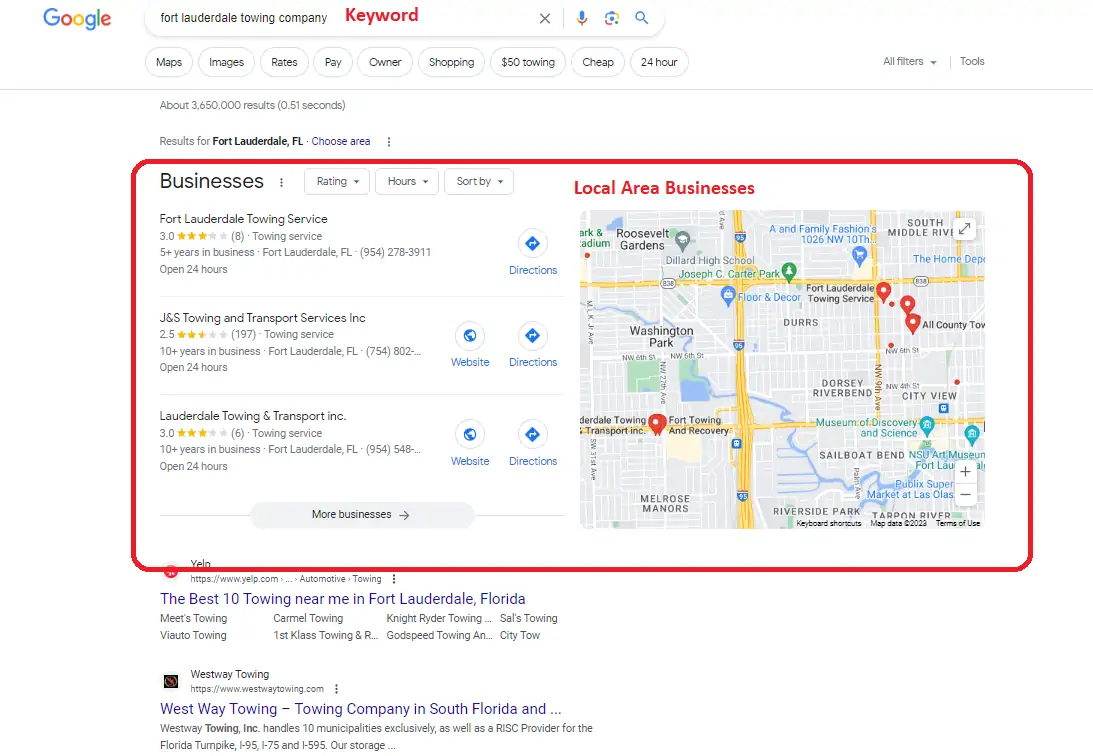harlanwhitlock
About harlanwhitlock
The evolution of law courts in the United Kingdom that dates back to the early Middle Ages.
At the trial stage, both sides will present their evidence and arguments before a judge (or a panel of judges in certain cases). In criminal cases, the prosecution will present evidence to prove that the defendant committed the crime, while the defense will present evidence and arguments aimed at casting doubt on the prosecution’s case. In civil cases, both the claimant and defendant present their evidence to support their respective positions.
Throughout these procedures, the courts in the UK must ensure that all parties involved have access to a fair hearing and that their legal rights are respected. This includes ensuring that defendants in criminal cases are given the opportunity to mount a defense, that victims are heard and given protection, and that all individuals involved have access to legal representation. For those who cannot afford a lawyer, legal aid may be available to provide financial assistance for legal representation.
The trial process is highly structured, and each party is given an opportunity to present their case, call witnesses, and cross-examine the opposing party’s witnesses. During the trial, the judge will listen to the arguments, evaluate the evidence, and make rulings on any legal issues that arise. In civil cases, the standard of proof is typically ”on the balance of probabilities,” meaning that the claimant must prove that their version of events is more likely to be true than the defendant’s. In criminal cases, the standard of proof is higher: ”beyond a reasonable doubt.” The prosecution must prove the defendant’s guilt to this high standard.
Sheriff Courts are the backbone of the Scottish court system. They handle both civil and criminal cases and are overseen by sheriffs—legally qualified judges. Civil matters in Sheriff Courts include family law, debt recovery, and personal injury claims. In criminal cases, sheriffs may hear summary cases (less serious offences) and solemn cases (more serious offences, potentially with a jury).
The courts in Ireland also interacts with the European Union legal framework. EU law is directly applicable in Ireland, and Irish courts are obligated to interpret domestic law in line with EU treaties and regulations. Should you loved this short article as well as you wish to be given more information about Arizona law firm marketing kindly go to the webpage. The Court of Justice of the European Union (CJEU) in Luxembourg acts as the final arbiter in matters of EU law.
In civil matters, the supreme court is the Court of Session, located in Edinburgh. It is divided into the Outer House and the Inner House. The Outer House primarily hears first-instance cases, while the Inner House deals with appeals. This court has jurisdiction over complex and high-value civil disputes, including commercial litigation, judicial review, and constitutional matters.
Throughout the trial, the judge has the responsibility of maintaining order and ensuring that the proceedings are fair. If any legal issues arise that cannot be resolved immediately, the judge may make rulings or request further clarification. In more complex cases, especially those involving expert testimony or large amounts of evidence, the trial may last several days or even weeks.
Decisions from UK courts are not just important domestically—they are also highly influential internationally. Because the UK’s common law system has been adopted in many other countries, particularly those in the Commonwealth, rulings from UK courts often serve as persuasive authority in legal systems around the world.
The High Court has full original jurisdiction, meaning it can hear any case, civil or criminal, that does not fall under the exclusive jurisdiction of another court. It deals with serious civil cases, judicial reviews, constitutional issues, and appeals from the lower courts. It also sits as the Central Criminal Court when dealing with the most serious criminal offences, such as murder and rape.
In this phase, the court will also determine if there are any issues that need to be addressed before the trial, such as questions of jurisdiction, whether the case is suitable for trial, or whether any alternative dispute resolution methods, such as mediation or arbitration, should be considered. These early hearings are often held in a lower court, such as the county court or magistrates’ court.
Training for legal careers typically involves completing a law degree or conversion course, followed by professional training through the Law Society or the Honorable Society of King’s Inns. Continuing professional development is required to maintain high standards within the profession.
After the verdict is delivered, both parties have the option of appealing the decision if they believe that the trial process was flawed or that the verdict was incorrect. In criminal cases, the defendant can appeal a conviction or sentence, while in civil cases, either party may appeal a decision that they feel is unjust. Appeals are heard by a higher court, and the appellate court will review the case to determine whether any legal errors were made during the trial.
No listing found.
